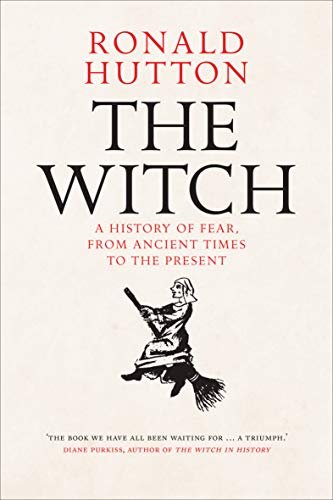Shweta Sharma - Yesterday
A search is underway to identify attackers that burnt an oppressed caste woman alive on suspicion of witchcraft in India’s eastern state of Bihar.

gettyimages-130303780-612x612.jpg© AFP via Getty Images
Rita Devi, 45, was attacked by a mob of more than 200 people who broke into her house and beat her up before pouring petrol on her to set her ablaze on Saturday night.
At least 14 people, including nine women, have been arrested and 65 others have so far been named in the complaint for allegedly setting the woman on fire after she was branded a witch, superintendent of police Ashok Prasad told The Independent.
Around 200 unknown people who were involved in the incident have been accused in the complaint, known as a First Information Report, he added.
Supt Prasad said tensions had been boiling in the village from around the last one month after a child in the woman’s neighbourhood died due to an illness.
Devi was being blamed for the death after some people called her a witch, he added.
On Saturday, a huge gathering of hundreds of people was called in the village and a so-called shaman was summoned from neighbouring Jharkhand state.
“The crowd turned violent when the ojha (shaman) was not able to give them definite answers and they went to Devi’s house and attacked her. The mob broke into the house from the windows and set her on fire,” Supt Prasad said.
“We are looking into video clips to identify the culprits and more arrests will be made soon.”
The incident has also raised questions over police response as the family alleged that they had alerted the local police station a month prior to the incident.
“We are looking into the allegations. The police could have acted promptly after the local police station was alerted of the threats,” he agreed.
Supt Prasad said they were investigating to see whether there were any lapses or laxity in police response and action would be taken accordingly.
Attacks, mostly on women or widows, on suspicion of witchcraft are sometimes reported from remote regions of the Indian states of Bihar, Jharkhand, Orissa and Assam, despite an act which bans witch hunts. Nine people were handed death penalty in 2018 for murdering three members of a family who were accused of being witches.
India’s National Crime Records Bureau estimates around 2,100 such murders took place nationally between 2001 and 2012. In 2020 alone, 15 women were murdered on allegations of witchcraft.
Supt Prasad said the incidents related to witchcraft are not common and are rarely reported from remote areas where people still believe in superstitions and are vulnerable to believing it due to lack of knowledge and education.
“I have asked my team to sensitise people on the issue and make them aware,” he added.
This “magisterial account” explores the fear of witchcraft across the globe from the ancient world to the notorious witch trials of early modern Europe (The Guardian, UK).
The witch came to prominence—and often a painful death—in early modern Europe, yet her origins are much more geographically diverse and historically deep. In The Witch, historian Ronald Hutton sets the European witch trials in the widest and deepest possible perspective and traces the major historiographical developments of witchcraft.
Hutton, a renowned expert on ancient, medieval, and modern paganism and witchcraft beliefs, combines Anglo-American and continental scholarly approaches to examine attitudes on witchcraft and the treatment of suspected witches across the world, including in Africa, the Middle East, South Asia, Australia, and the Americas, and from ancient pagan times to current interpretations. His fresh anthropological and ethnographical approach focuses on cultural inheritance and change while considering shamanism, folk religion, the range of witch trials, and how the fear of witchcraft might be eradicated.
“[A] panoptic, penetrating book.”—Malcolm Gaskill, London Review of Books

No comments:
Post a Comment